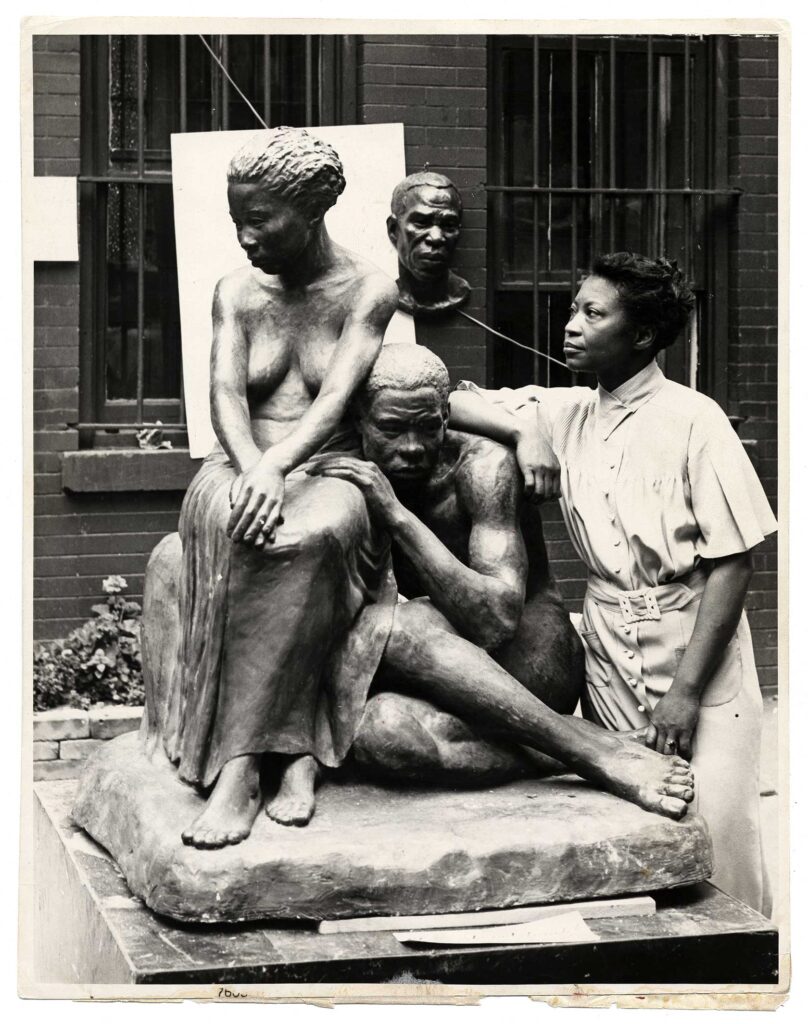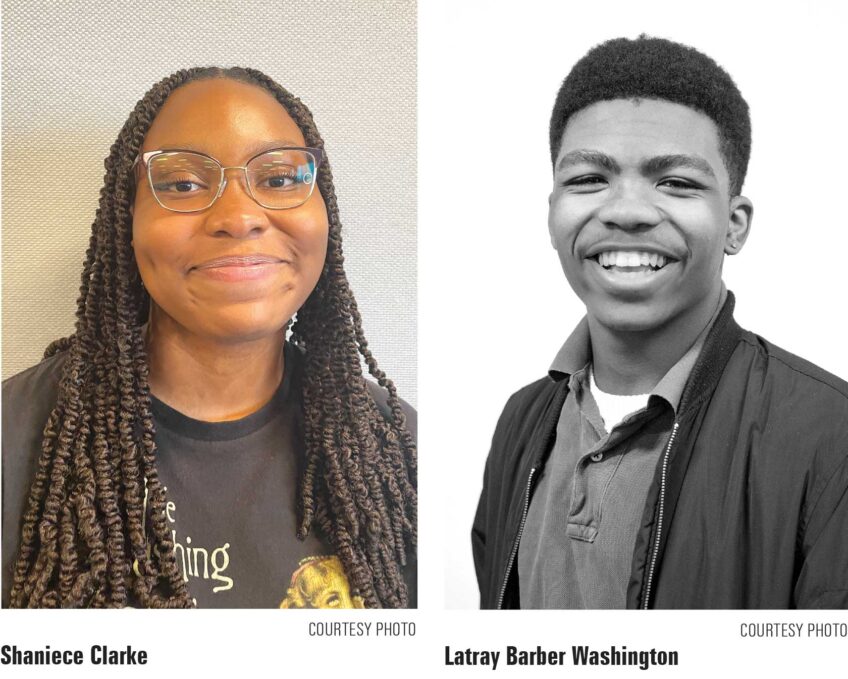
Black History Month provides an opportunity for people of African descent to reflect on the struggles and joys of the past, celebrate the progress made, and look forward to what is to come. It’s also the shortest month of the year — a rolling joke in the Black community.
But every four years, there’s an extra day at the end of February. Leap years give Black History Month a bonus day. This leap year, here’s a look at the historic moments that occurred on the 29th day of February and the people who were born on this day.
Hattie McDaniel became the first African American to win an Academy Award on Feb. 29, 1940. Kansas-born actress McDaniel won an Oscar for her role as Mammy in the 1939 film “Gone with the Wind.” McDaniel had previously starred in John Ford’s “Judge Priest” (1934) and “The Little Colonel” (1935). But her roles, including her Oscar-winning one, drew criticism from the African American community for their stereotypical portrayals of Black women, typically as maids or cooks.

On Feb. 29, 1940, Hattie McDaniel, shown here at a Washington D.C. radio station, became the first African American to win an Academy Award. PHOTO: LIBRARY OF CONGRESS
In 1947, McDaniel once again made history as the first African American to star in a general-audience radio show. Her successes spoke to the progress Hollywood was making, albeit slowly. It wasn’t until two decades after McDaniel’s Oscar win that another Black actor, Sidney Poitier, would win the award.
On Leap Day in 1956, University of Alabama reinstated its first African American student, Autherine Lucy, after the school had suspended her. Administrators had initially rescinded Lucy’s admission after discovering that she was Black, but after the Brown v. Board of Education (1954) decision, Lucy was allowed to attend. Two days after she started attending classes, students began protesting her presence, setting off violent attacks protesting her admission. This led to Lucy’s suspension. Assisted by lawyers Arthur Shores and Thurgood Marshall, who had previously helped her, Lucy took the issue to court. On Feb. 29, an Alabama judge ruled that Lucy be reinstated. Weeks later, the university expelled her.
On Feb. 29, 1968, after seven months of investigation, the Kerner Commission, an 11-member body established by President Lyndon B. Johnson, released its Report of the National Advisory Commission on Civil Disorders.
The commission’s primary finding was that uprisings and riots in inner cities were the result of “Black frustration” with the economy and with their treatment by white people, namely the police. The report recommended federal initiatives to improve the quality of life of African Americans, with a focus on employment, housing, education, health care and police brutality.
Cullen Jones is a Bronx-born Olympic swimmer and two-time gold medalist born on Feb. 29, 1984. He was the first African American to hold a world record in swimming for the 4 x 100-meter freestyle relay at the 2008 Summer Olympics in Beijing. He competed alongside Michael Phelps.
Reri Grist, born Feb. 29, 1932, was a trailblazing opera singer with a notable international career. She became the first African American to become a permanent member of the Zurich Opera in the 1960s. Grist played the original Consuela in Leonard Bernstein and Stephen Sondheim’s “West Side Story.” This year, she turns 92 years old.
Augusta Savage was an enterprising New York-born sculptor born on Feb. 29, 1892. She was the only African American woman commissioned to create artwork for the 1939 New York World’s Fair. She submitted “The Harp,” a sculpture cast in plaster, one of the most photographed artworks at the event. Savage, a key figure in the Harlem Renaissance, had an illustrious career as a teacher and community art program director. She died in 1962.
Other notable people in the arts born on “Bonus Black History Day” include Majesty Rose, a musician and former American Idol contestant, composer Mervyn Warren, and rappers Ja Rule, who released the song “Always on Time,” and Saul Williams, who also acts and writes poetry. They share the Feb. 29 birthday with actors Ken Foree, who starred in “Zombie,” and “The Boys” actor Jessie T. Usher.
Other Leap Day babies in sports include National Football League players Eric-Nathan Marvin Kendricks of the Los Angeles chargers and Chris Conley of the San Francisco 49ers. In basketball, there’s Clarence “Chucky” Brown of the Cleveland Cavaliers, as well as Vonteego Cummings and Tyrese Haliburton of the Indiana Pacers. And baseball has Terrence Long, who played for teams such as the New York Mets, San Diego Padres and Kansas City Royals.






